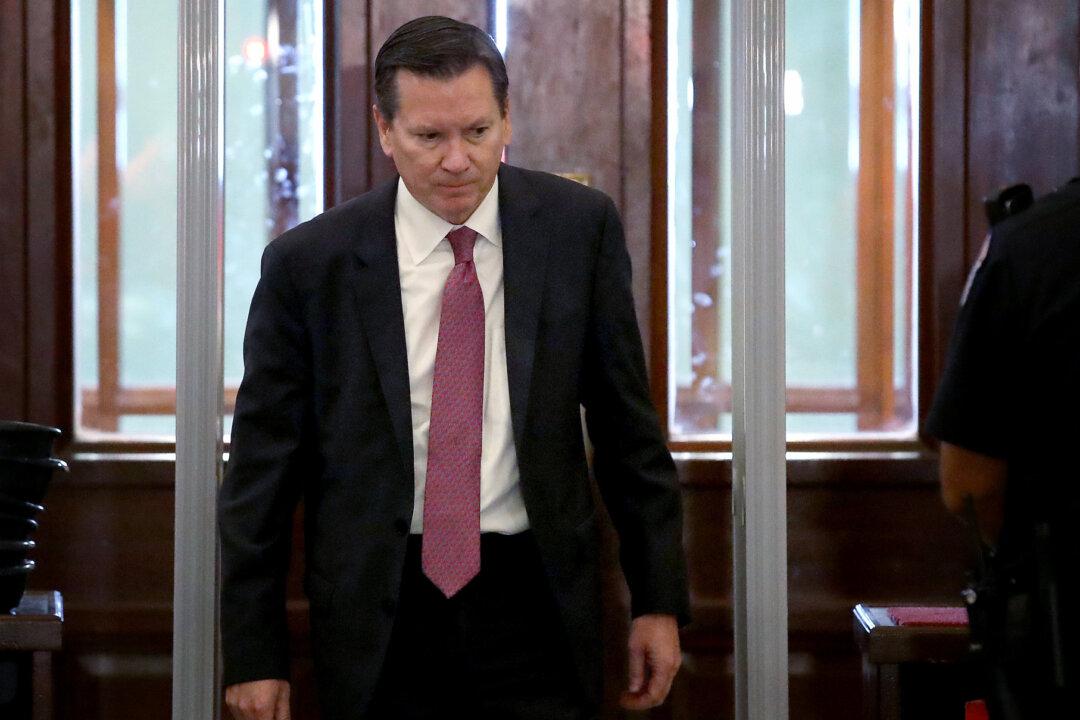President Donald Trump has fired Michael Atkinson, the inspector general for the intelligence community (ICIG) who handled the anonymous whistleblower complaint that triggered the House Democratic-led impeachment inquiry against the president.
In a letter to the Senate intelligence committee on Friday, Trump said that he would remove Atkinson from office “effective 30 days from today.”




